Now your trip’s booked, there are a few things you need to know before you go.
You’ll definitely want to check the following as soon as possible after you’ve booked, to make sure everyone’s ready to go:
- Travel documents and entry requirements
- Medical requirements
- Mobile roaming
- Local laws and customs
Travel Documents
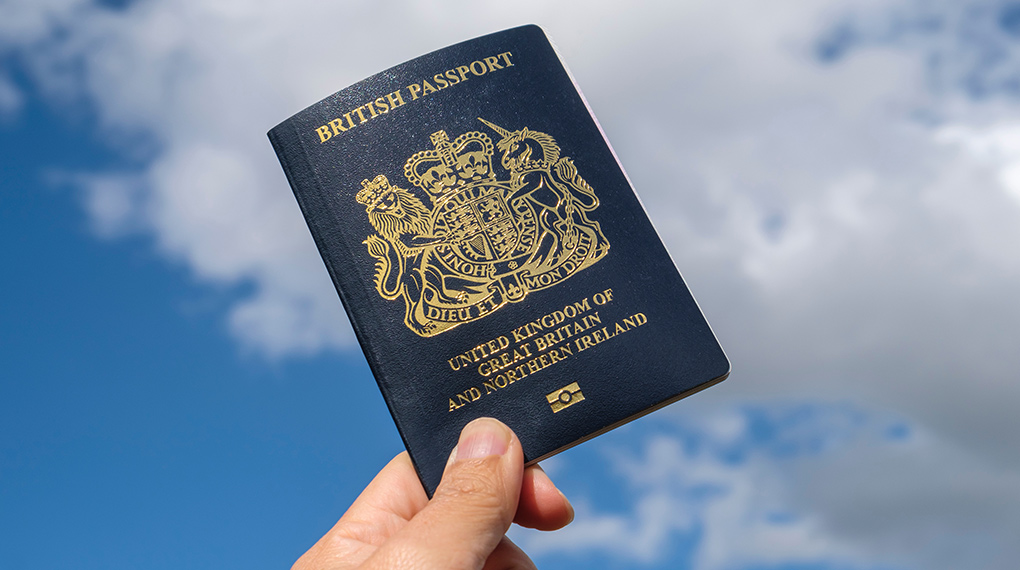
Passports
When it comes to travelling abroad, obviously, one of the key things to check is that everyone has a valid passport (and, it goes without saying, but just to be on the safe side, here goes - all members of your group must have a valid passport, and you should check this when they sign up for the trip).
Pro tip: make two photocopies of everyone’s passport – one to carry with you and another to leave at school (in the very unlikely event that a passport is lost or stolen, you’ll be really glad you did this).
Remember, some countries do require a certain period of validity on passports after your proposed date of exit from the country. You can find the most up-to-date foreign travel advice here.
British passport holders travelling to an EU country, Iceland, Switzerland, Norway or Liechtenstein will need to check their passport:
- Is less than 10 years old (this catches accompanying staff out more often than students). You must check to see if any extra months were added when you renewed your passport before it ran out, as this could make it more than 10 years old.
- Has at least 3 months' validity left on it after the date you plan to leave the country you're visiting. We recommend that everyone in your group aims to have at least 6 months left on their passport, to ensure there are absolutely no risk of issues at the border (although, this is a recommendation, rather than a requirement).
If you’ve got anyone in your group with a passport from a country other than the UK, they’ll need to check entry requirements with the relevant embassy (this is their responsibility, not yours).
For further information on passports and entry requirements, please visit the FCDO website.
Group passports
Group (or collective) passports can still be arranged for a maximum of 50 passengers, but the number of European countries that still accept them for British groups is now very limited (and they can cause issues with some ferry companies and border control).
For these reasons, we do not recommend arranging a group passport.
For more information on group passports, please visit the UKPA website.
UK Dual Nationals
From 25th February 2026, UK Dual Nationals (i.e. those who have citizenship of the UK and another country) must use one of the following to enter the UK:
- A British passport
- An Irish passport
- A Certificate of Entitlement for a non-British or Irish passport
UK Dual Nationals will not be able to use their non-British or Irish passport to enter the UK.
So, if you do have any passengers with dual citizenship of the UK and another country, the easiest thing for them to do is to travel on their British passport.
If they have British citizenship but do not hold a British passport, they should either get a British passport or arrange a Certificate of Entitlement for their non-British (or Irish) passport.
UK Dual Nationals cannot use an ETA (Electronic Travel Authorisation) to travel to the UK (even if they are travelling on their non-British passport).
Airlines will be checking documents before you fly and may deny boarding to any passengers who are UK Dual Nationals and only have a non-British passport without a Certificate of Entitlement.
So, please make sure that any UK Dual Nationals in your group who do not have a British passport either apply for one or arrange a Certificate of Entitlement as soon as possible to avoid any issues when returning to the UK.
It’s important to note that any passengers travelling on EU/Non-UK passports who have the right to remain or settled status in the UK, or a valid visa linked to their passport, do not need an ETA or Certificate of Entitlement and can continue to travel as normal.
EES (for travel to Europe)
The EU's Entry /Exit System launched on 12th October 2025. The system is being introduced gradually across European border crossing points, and it should be fully in place by 10th April 2026.
The good news is that it doesn't cost you anything to register.
But if you are travelling to the Schengen Area for a short trip on a UK passport, you will need to register. This will consist of you providing biometric information (i.e. fingerprints and a photo) as you pass through the border the first time after the system is launched.
As each passenger will now need to do this on their first visit to the Schengen Area, this could add an extra couple of minutes to the processing of each passenger. So, initially, you may find slightly longer queues at passport control.
However, the system will replace the current manual process of checking and stamping passports on entry and exit from the Schengen Area. This is a minor inconvenience to start with, but it should result in faster travel through border control on future visits to Europe.
ETIAS (for travel to Europe)
The European Union has created a visa waiver programme known as the European Travel Information and Authorisation System (ETIAS).
This is currently due to be introduced in late 2026, and will mean that British passport holders will require an ETIAS visa waiver to visit countries in the Schengen Area. For more information, please visit the ETIAS website.
ETA (for entry/travel to the UK)
The UK's new Electronic Travel Authorisation (ETA) requirement will come into effect on 25th February 2026.
This will be mandatory for anyone (adults and children) who:
- doesn't hold a UK or Irish passport (including many nationalities who didn't previously need pre-travel authorisation)
- doesn't have permission to live, work or study in the UK to enter the UK
If this applies to anyone in your group, they should check the government's website to see whether they'll need an ETA to enter the UK.
British Council Guidance for Schools
Post-Brexit, there are new travel considerations for individuals and school groups travelling to Europe. Please see the British Council website for details.
Special Documentation for Minors
Some countries' immigration departments require additional documentation for all EU national minors travelling into and/or out of their country without their parents/guardians.
The extra documentation you may need depends on the country, so please make sure you have everything you need before you travel.
The extra documentation may be in the form of specific written authorisation from their parents/guardians to travel.
The IATA Travel Centre can advise you what documentation is required for each country.
Alternatively, please contact the consulate or airline (the information is usually available in Conditions of Carriage on their website).
Cabotage Closed Door Tours
As a responsible tour operator, safety and regulatory compliance are really important to us. That's why we're committed to sticking to the protocols outlined in the Interbus Agreement.
This states that, for international tours to travel to an EU member state, they have to operate as a 'closed door' tour, which means that every member of your group that travels by coach must return to the UK on the same coach and as part of the same group they travelled with.
So, we cannot allow individuals to stay in the resort to meet up with family members (for example).
This would contravene the Interbus Agreement, potentially leading to the group and coach supplier encountering difficulties at border control on their return journey (and significant delays to their onward travel).
Coach companies could also receive a fine or other sanctions, and we cannot ask our coach suppliers to put themselves in that situation.
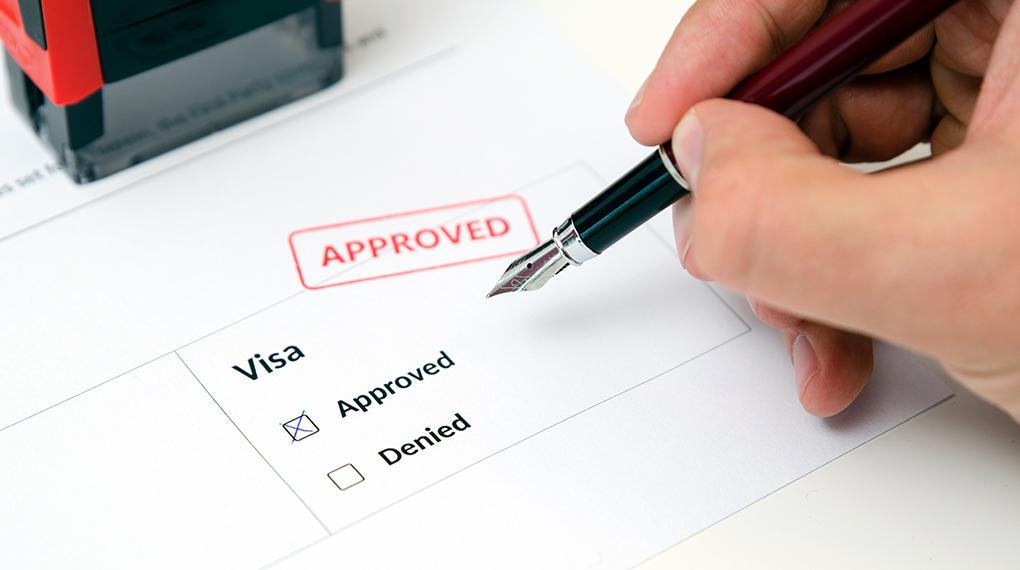
Visas
Check if any of the members of your group need a visa to enter any of the countries that your visiting or passing through as soon as you know they're travelling.
Visa applications can take a long time (especially if you have any passengers that aren't UK citizens), so they'll need to contact the appropriate embassies as soon as possible.
In some cases, you'll need to collect all passports in and send them (or even take them in person) to the appropriate embassy to arrange for visas to be attached to the passports.
There are visa agencies that can make all the arrangements for you, saving you a lot of work (but these can be expensive).
Please contact us if you would like advice about who to use. We'll provide you with any supporting documentation that you need for your visa application but cannot apply on your behalf.
Health
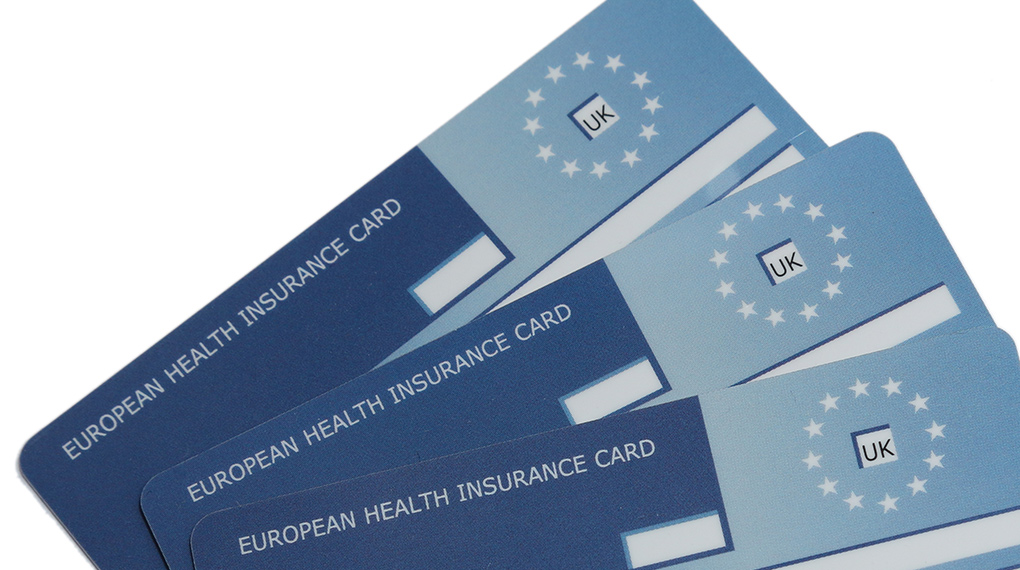
EHIC/GHIC
If you’re travelling within the European Economic Area and Switzerland, you’ll all need to have in-date GHIC cards – which are available for free through the NHS website to anyone who’s resident in the United Kingdom.
If you’ve already got an EHIC, you can carry on using this until it expires (when you’ll need to apply for the GHIC).
Make sure you take every group member's EHIC or GHIC card with you - it'll allow you to access healthcare at the same rate as locals.
Please just remember that this isn’t a replacement for travel insurance (check out our travel insurance page for more info).
And if you're travelling to Iceland, Switzerland, Norway or Liechtenstein, you must arrange appropriate travel insurance with health cover. For more information, please see gov.uk.
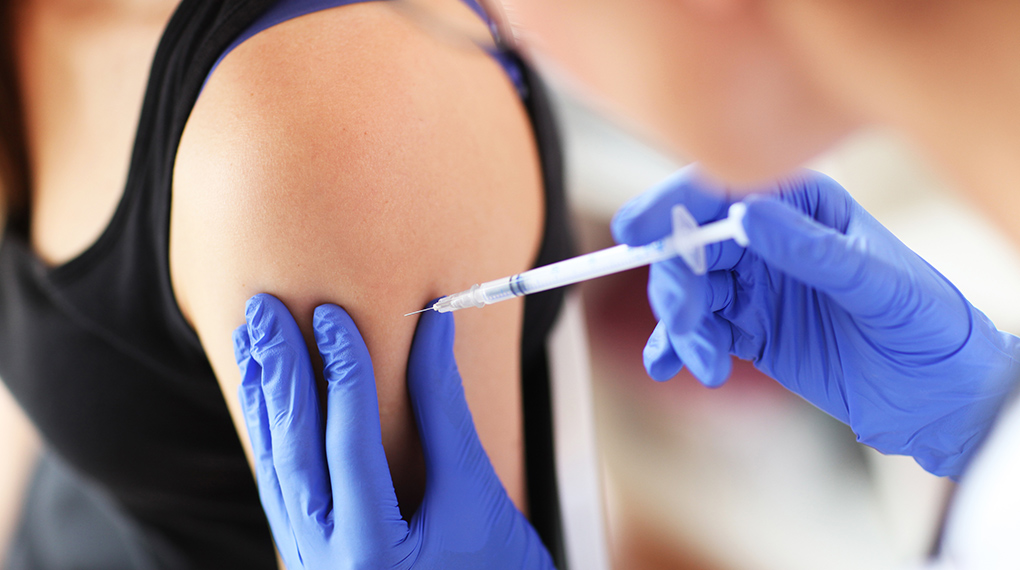
Vaccinations
You need to check with the relevant authorities what health precautions are necessary when you travel (this advice can vary from time to time, and from one country to another). The Foreign Office and World Health Organisation websites may be helpful.
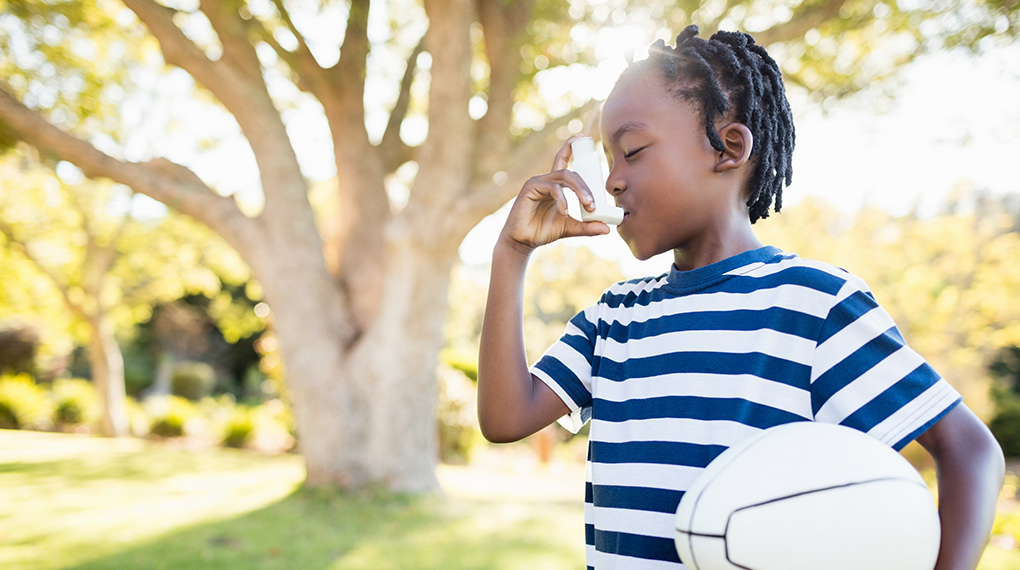
Pre-existing medical conditions
When it comes to the medical needs of everyone on the trip, you must have all the necessary details, to ensure that they remain safe.
And it’s important to make sure your insurance provider has the details of any pre-existing medical conditions, so you’re properly covered.
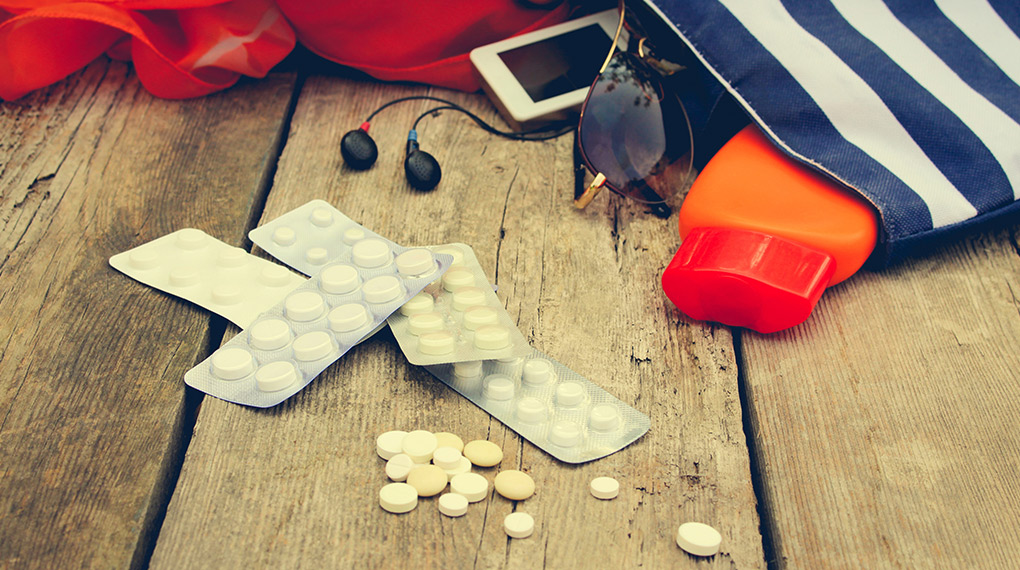
Travelling with medication
It’s also worth checking that everyone who will need to bring medicine with them is able to do so (some medicines that are available over the counter in the UK are restricted in other countries). More information can be found on the Travel Health Pro website.
Anyone who needs to carry medication with them should visit their GP around 4-6 weeks before the trip to check whether their medication contains a controlled substance.
They’ll also need to check the FCDO website (and possibly also with the relevant embassy).
All medicine and medical equipment must be carried in their original, correctly labelled packages and should be carried in hand luggage (but do double-check this with your airline), along with a copy of the prescription.
It’s a good idea to pack a spare supply of the medication in hold luggage, also with a copy of the prescription (so if either the hand luggage or hold luggage goes missing, they’ll still have access to their medication).
And if anyone will be travelling with oxygen or injectable medicines such as insulin, the airline should be contacted in advance to advise them of this.
It would also be useful for those who are travelling with medication to take a letter from their GP (as well as a copy of the prescription) stating the details of the medication, including its generic name (and not just the brand name). This could help at customs and if the traveller does require medical assistance on the trip.
The NHS offers lots of useful information on what to do before your trip if you will need to carry medication.
Local Laws and Customs
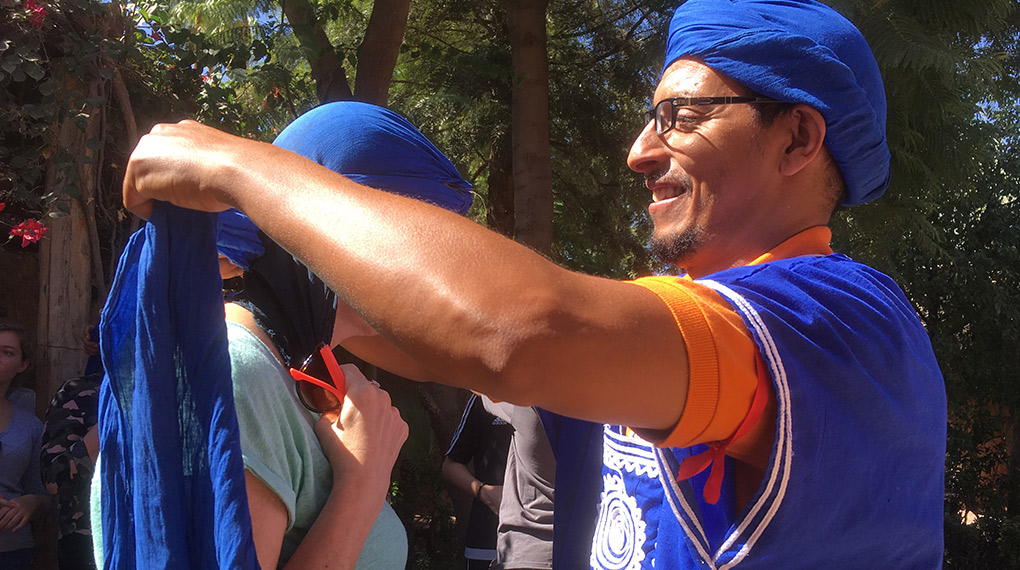 No-one wants to cause offence when they travel to a foreign country. So, it’s well worth reading up on the local laws and customs before you travel.
No-one wants to cause offence when they travel to a foreign country. So, it’s well worth reading up on the local laws and customs before you travel.
It can be a great exercise for students too – they can research the local laws and customs and you could discuss these with them to help them gain a deeper insight into the culture.
As ever, the FCDO offers excellent guidance on the local laws and customs in the country you’re visiting.
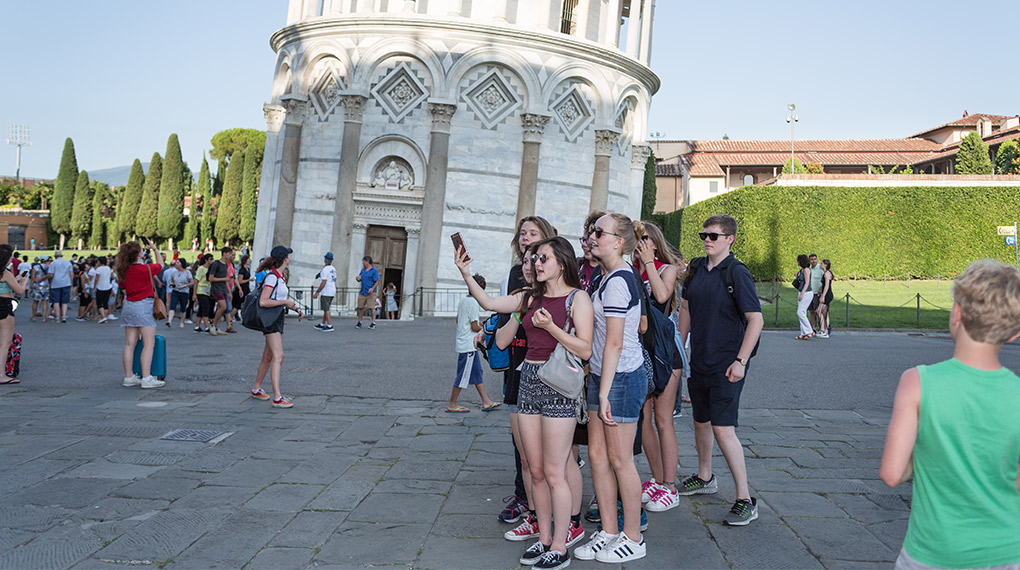
Taking photos
Taking photographs or making videos, can be misunderstood by the authorities in some countries.
Generally, military bases, government buildings and train stations are the type of buildings around which taking photos can cause an issue but, again, more information can be found on the FCDO website.
And if you’re taking pictures of the locals, it’s always best to ask whether they’re happy to be photographed – most will be happy to oblige.
Just being aware of these things in advance will mean you and your group are fully prepared for your trip, helping it to run smoothly.
And remember, if you have any questions at any point, please don’t hesitate to contact us – we’re always very pleased to help.